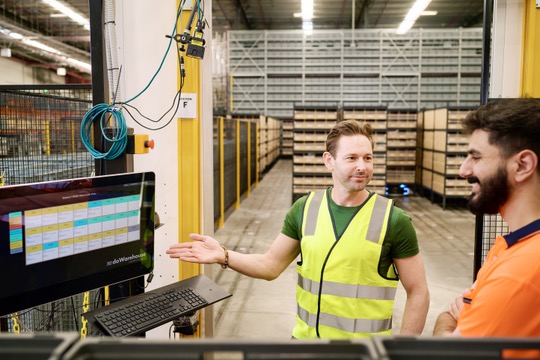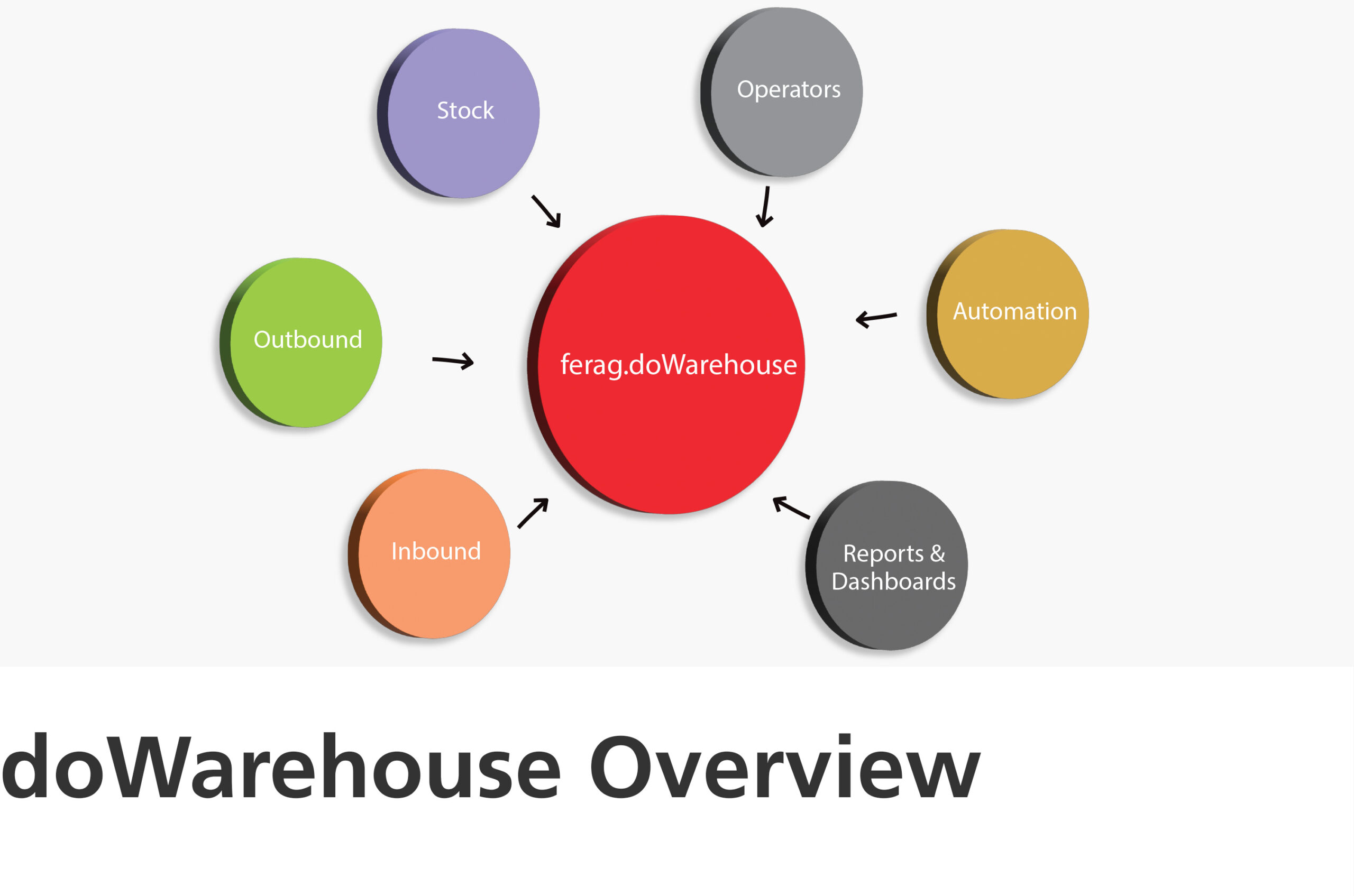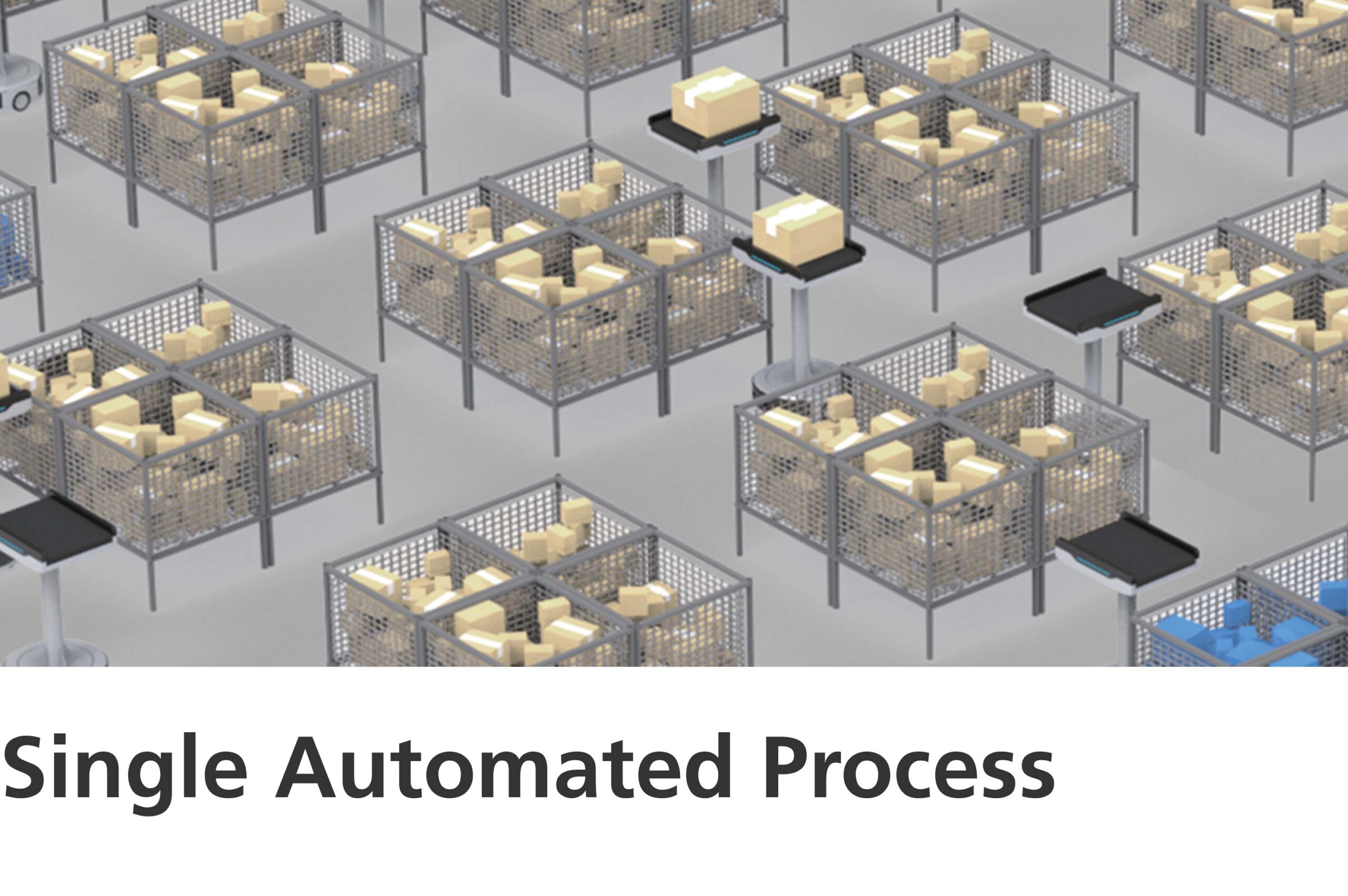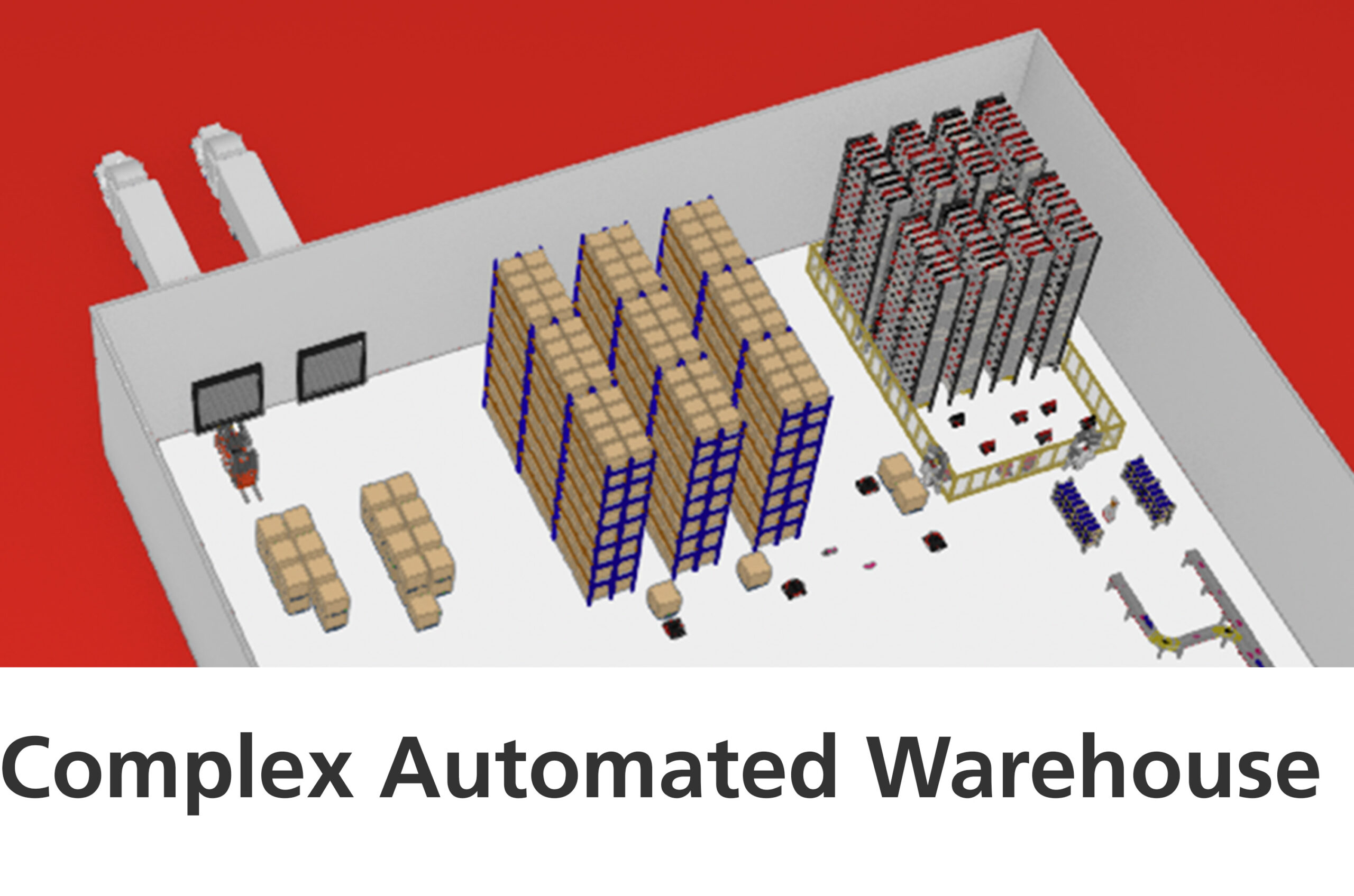How retailers can gain a competitive edge by utilising smart fulfilment
Article | 2nd Apr, 2025

Karl Friesenbichler showing doWarehouse
As consumer expectations continue to evolve, fulfilment has emerged as a critical competitive differentiator in the retail industry. Today, meeting consumer demand for speed, reliability, and transparency is no longer just a logistical task, it is a strategic imperative that drives customer loyalty, acquisition, and profitability.
Retailers that adapt to these demands gain a competitive edge. In a recent Inside Retail article, we explored how brands like Shien and Temu have leveraged innovation to achieve this. By embracing smarter fulfilment strategies, these retailers differentiate themselves, build stronger customer relationships, and establish a sustainable competitive advantage.
In the same article, we also discussed how smarter warehousing is transforming Australia’s fashion industry. Technologies such as real-time inventory management, automated picking systems, and flexible fulfilment models are playing a key role in enhancing operational efficiency. These innovations are essential to meeting growing customer expectations, forming the backbone of modern fulfilment strategies, and enabling faster, more accurate, and cost-efficient order processing. [Read more here.]
Fulfilment as a Strategic Differentiator
Today’s consumers are more demanding than ever, expecting quick, reliable, and convenient delivery options. As the retail environment grows more competitive, retailers need to view fulfilment as a strategic advantage. Superior fulfilment creates customer trust, builds loyalty, and enhances lifetime value, whereas subpar fulfilment can quickly damage a brand’s reputation and lead to lost customers.
By embracing best-in-class fulfilment practices, retailers can ensure that customer experiences are seamless, reliable, and efficient. These practices not only help retailers stay competitive but also ensure they are positioned for long-term success in an increasingly fast-paced, digitally-driven world.
Automation and Intelligent Efficiency: The Key to Meeting Consumer Demands
Automation and robotics are among the most transformative forces in fulfilment today. Technologies such as goods-to-person systems, sortation robots, and autonomous mobile robots (AMRs) are enhancing warehouse operations, improving throughput, and increasing accuracy. By integrating automation, retailers can scale their operations to meet increasing consumer demand, particularly during peak periods such as Black Friday, Boxing Day or the holiday season.
Strategic automation, combined with data analytics, plays a critical role in meeting high consumer expectations profitably. By automating processes, retailers can reduce human error, optimise inventory management, and speed up order fulfilment, all of which lead to improved EBIT and better customer satisfaction.
In our previous article on smarter warehousing, we highlighted how fashion retailers can leverage automation to optimise their fulfilment systems and prepare for demand spikes. For example, Ferag’s Skyfall system can automate the sequencing and sorting of high-demand items, allowing retailers to better manage peak order volumes and deliver orders faster, more accurately, and with greater efficiency.
Adaptability and Resilience: Core to the “New Standard”
In addition to speed, fulfilment today demands agility. Retailers need to be able to adapt quickly to shifts in demand, disruptions in the supply chain, or changes in consumer behaviour. This adaptability is critical for maintaining high levels of customer satisfaction, especially when unexpected events occur.
Smart warehousing plays a vital role in ensuring flexibility. With real-time stock visibility, retailers can optimise order picking, balance supply and demand, and shift fulfilment methods as needed. Whether it’s re-routing orders, accessing alternative supply channels, or adjusting delivery methods, the ability to respond quickly to market changes ensures retailers can continue to meet consumer expectations.
As the market becomes increasingly unpredictable, the ability to pivot quickly is key to staying competitive. Retailers with flexible, scalable fulfilment solutions will be better equipped to handle disruptions and continue delivering exceptional service, regardless of external challenges.
The Impact of Fulfilment Innovation on EBIT
The benefits of fulfilment innovation go beyond customer experience—they also have a direct impact on the bottom line. By adopting automation and optimising fulfilment processes, retailers can lower operating costs, reduce inefficiencies, boost profitability and positively impact EBIT.
Improved pick/pack accuracy reduces costly errors and customer service interactions, while enhanced order orchestration and inventory management can streamline operations. This ultimately leads to lower labour dependency, improved throughput, and higher margins. Retailers investing in automation are not just improving their service offering—they are also positioning themselves for long-term profitability.
Ferag’s solutions, such as the Skyfall pouch system, demonstrate how automation can streamline fulfilment operations. The system enables retailers to pre-sort high-demand items, optimise order sequencing, and enhance packing efficiency. By pre-sorting stock for the sales floor, retailers can quickly move stock to the floor, bypassing the back-of-store processes. This approach reduces stock-outs, increases sales, and boosts customer satisfaction. Additionally, by reducing bottlenecks and prioritising VIP orders, retailers can better manage peak order volumes and deliver superior service during critical times. All of which improves EBIT.
Retailers Who Embrace Innovation in Fulfilment Gain a Competitive Edge
Fulfilment is no longer a mere logistical function—it is a strategic differentiator. Retailers who embrace automation, efficiency, and adaptability in their fulfilment processes are not just meeting consumer demands—they are outpacing them. These retailers are setting new standards in service, customer experience, and operational excellence.
Ultimately, the new standard in retail fulfilment is about exceeding consumer expectations and using fulfilment as a competitive weapon to drive customer loyalty, reduce operational costs, improving profitability and positively impacting EBIT. By leveraging innovative fulfilment technologies, retailers can gain a competitive edge that leads to stronger growth, improved EBIT, and long-term success in a rapidly changing market.
For more insights on smarter warehousing and how it can boost your fulfilment strategies, explore our previous article on Inside Retail.








